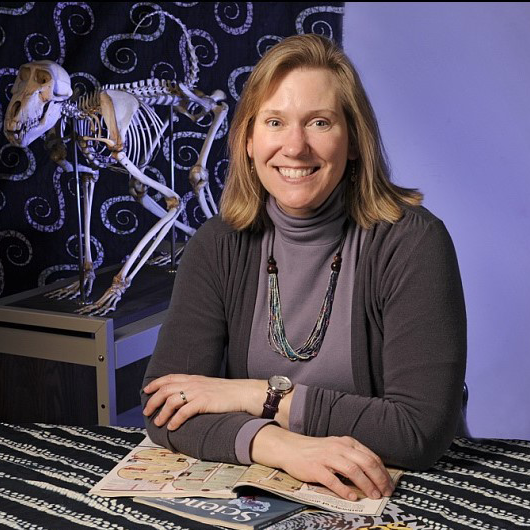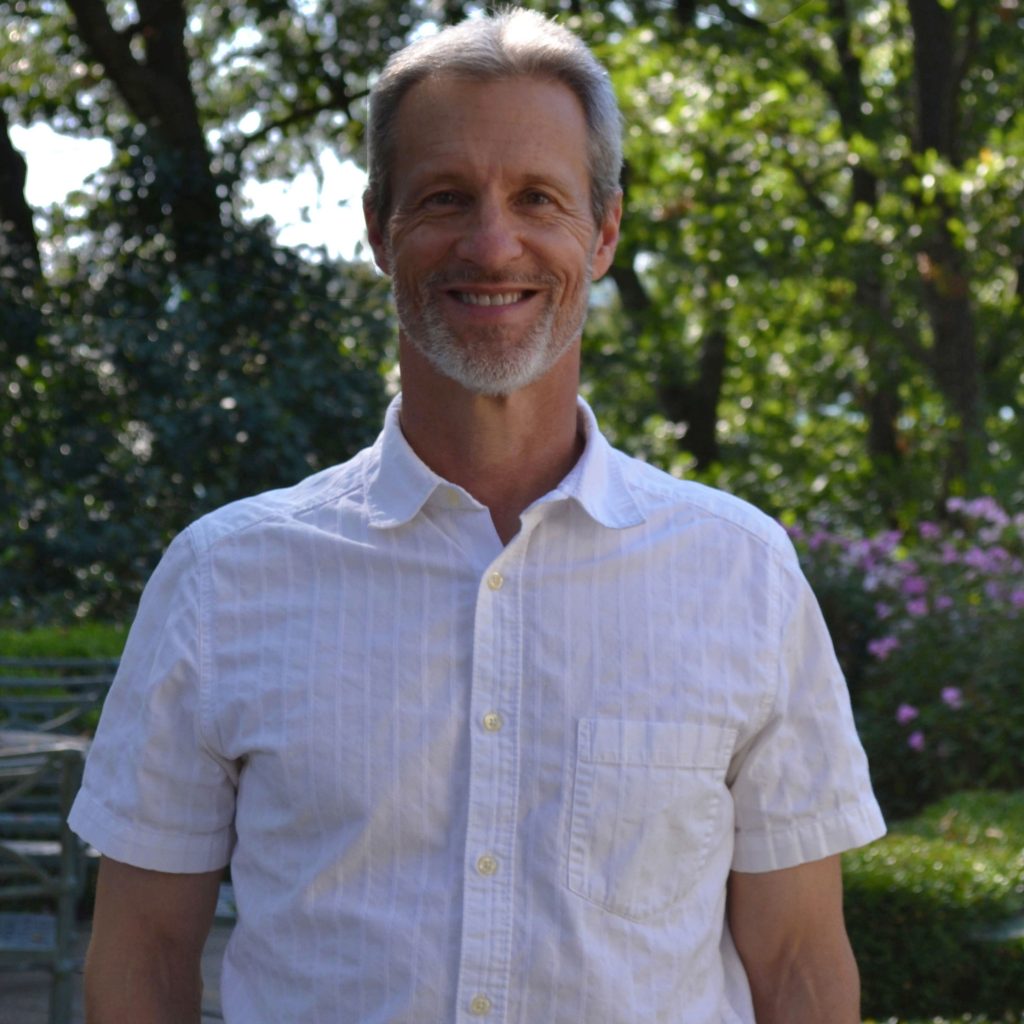The most comprehensive study of aging and longevity to date showed that turtles, salamanders and crocodilians (an order that includes crocodiles, alligators and caimans) have particularly slow aging rates and extended lifespans for their sizes. The study’s findings were published in the journal Science in June.

The team of more than 100 scientists included Anne M. Bronikowski and Fredric Janzen. Bronikowski is a professor of integrative biology in Michigan State University’s College of Natural Science and a resident faculty member at the W.K. Kellogg Biological Station. Janzen is a professor in the colleges of Natural Science and Agriculture and Natural Resources, as well as director of KBS.
Long-lived species offer clues
The team analyzed data collected in the wild from 107 populations of 77 species of reptiles and amphibians worldwide, applying methods used in both ecological and evolutionary sciences to study variation in aging and longevity of reptiles and amphibians. These “cold-blooded” or ectothermic animals offer a contrast to “warm-blooded” or endothermic mammals and birds.
“One of the interesting findings was that each group has a slow or negligible aging species across all these different ectotherms,” wrote Bronikowski and Janzen.
The researchers also compared their findings in ectotherms to what is known about endotherms and explored previous hypotheses related to aging.
Bronikowski helped seed the study with support from a grant from the National Institute on Aging, one of the National Institutes of Health, to study aging in painted turtles. From there, the project expanded to include the large number of collaborators that made possible the study of such a wide variety of species globally.
“We are committed to studying long-lived species in the wild,” Bronikowski and Janzen wrote, “because nature has already done the experiment of ‘how to age slowly.’”
Related article
What turtles can teach us about living longer | Aug. 20, 2022



A legacy of conservation; a commitment to sustainability.
3700 E. Gull Lake Drive
Hickory Corners, MI 49060
(269) 671-5117
info@kbs.msu.edu